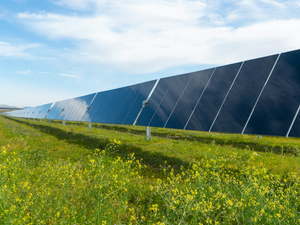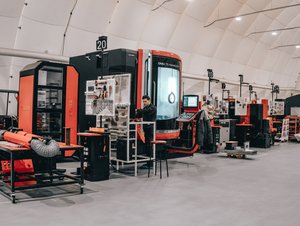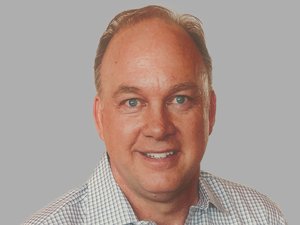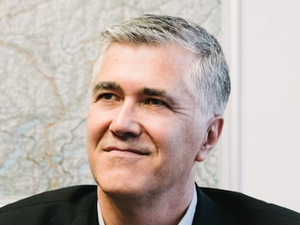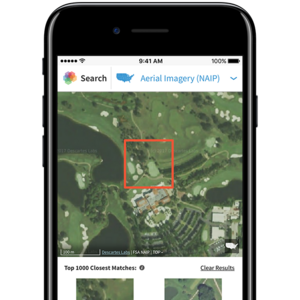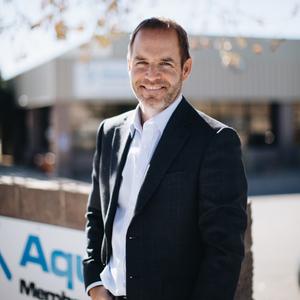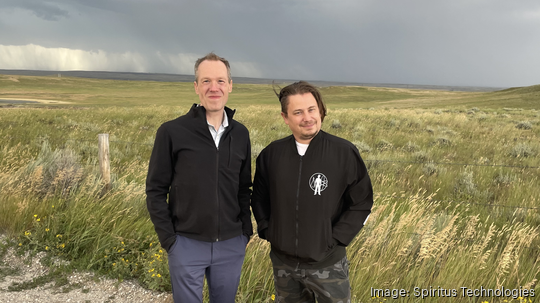
After more than a year of under-the-radar development together, a former Los Alamos National Laboratory scientist and a serial entrepreneur from California's Bay Area recently went public with a startup they hope can break into the global carbon capture market with an innovative new "sorbent" technology.
Spiritus Technologies, headquartered in Los Alamos, came out of "stealth" mode in early September. The startup has what it calls a "Carbon Orchard" approach to direct air capture (DAC) — a carbon dioxide removal method that pulls carbon from anywhere instead of at the source of emissions, as the carbon capture method does.
Spiritus' approach uses a sorbent-based technology — made from commercially available precursors in the shape of round balls — to passively absorb carbon dioxide using air contractors. Carbon stored in the lung-like sorbent balls can then be regenerated through a desorption process, capturing the carbon dioxide and allowing the sorbent balls to be reused.
The whole process is more energy efficient and less cost-intensive — under $100 per ton of carbon dioxide removed — than some other DAC approaches, which typically rely on low-pressure vacuums or liquid solutions, according to the company (a Boston Consulting Group analysis shows the current cost of DAC falls between $600 to $1,000 per ton). Matt Lee, Ph.D., a former materials scientist at Los Alamos National Laboratory and chief technology officer for Spiritus, invented the sorbent technology.
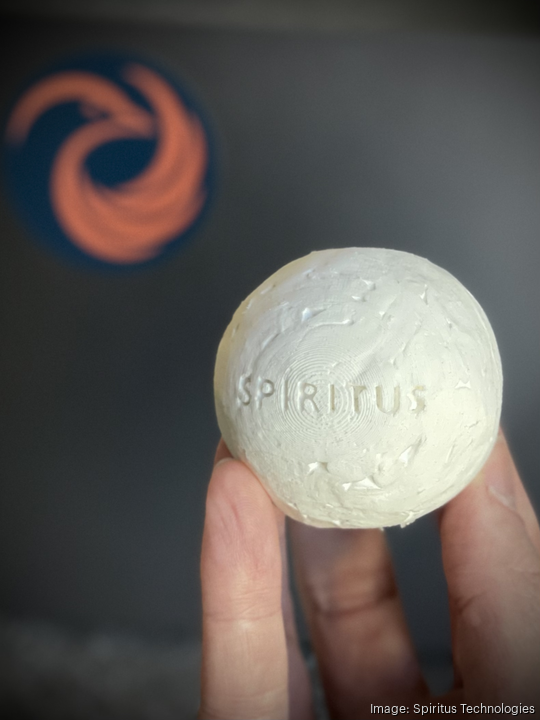
Lee teamed up with Charles Cadieu, Ph.D., to launch Spiritus. Cadieu, the startup's CEO, co-founded Caption Health, a medical technology startup that was acquired by GE Healthcare earlier this year, and IQ Engines, an image search startup acquired by Yahoo! in the mid-2010s.
The sustainability-focused startup announced an initial $11 million funding round when it emerged from stealth. Khosla Ventures, a VC based in Menlo Park, California, that counts artificial intelligence pioneer OpenAI and food delivery giant DoorDash among its portfolio of invested-in companies, led the round.
"Khosla Ventures has been looking closely at the direct air capture space for years," Jessy Rivest, a partner at Khosla Ventures, said in a statement. "In Spiritus, we have a combination of a strong approach and team to solve this climate challenge, making it our first investment in the DAC area."
Page One Ventures, a San Francisco-based VC, and other investors joined the round, Spiritus announced earlier this month.
More than 20 people, including employees and consultants, work with Spiritus currently. The startup is growing, too, partly through four new hires to its executive team. Those four include Jon Rau, who comes on as vice president of engineering; Dan Opila, Ph.D., as chief architect; Manny Tafoya, Spiritus' new director of engineering; and Eric Cole, who joins as director of manufacturing.
Three of those four executive hires — Rau, Tafoya and Cole — have links to Los Alamos National Laboratory (LANL). Rau, for instance, served as director of the Engineering and Technology Maturation Program for the lab, while Tafoya worked at LANL for nearly two decades and Cole partnered with scientists at the lab through work at the Kansas City National Security Campus.
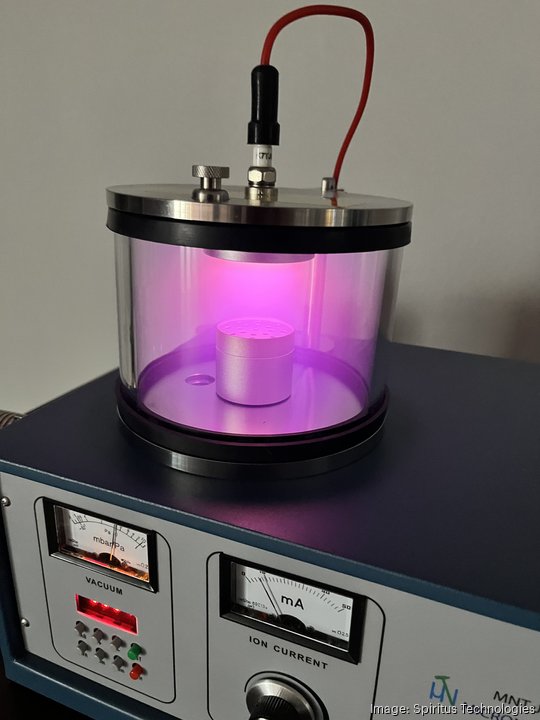
Spiritus' lab facility is located in Los Alamos. As for the site of its first "Carbon Orchard" — which would take the sorbent balls and lay them out across a large field to capture carbon from the air — the startup isn't sharing specific details, besides stating that it'll be located "in the Western U.S."
Despite scarce details about the location of its first DAC site, the startup already has a customer for its removed carbon. Frontier Climate signed a pre-purchase agreement with Spiritus. Frontier, founded by a slew of firms that include Shopify, Meta and McKinsely, aims to accelerate carbon removal technologies by sending a "strong demand signal to researchers, entrepreneurs and investors that there is a growing market" for those technologies, according to its website.
The New Mexico-based startup is also partnering with other companies to help sequester the carbon it plans to remove from the air, but those partners aren't yet named.
"The climate crisis is affecting every aspect of our lives, from the fire raging across our nation to the record temperatures we're experiencing," Cadieu, Spiritus' CEO, said in a statement. "Our unique combination of the Spiritus Sorbent and our Carbon Orchard has allowed us to get closer to an industry milestone: making DAC a practical and affordable solution for carbon removal."
